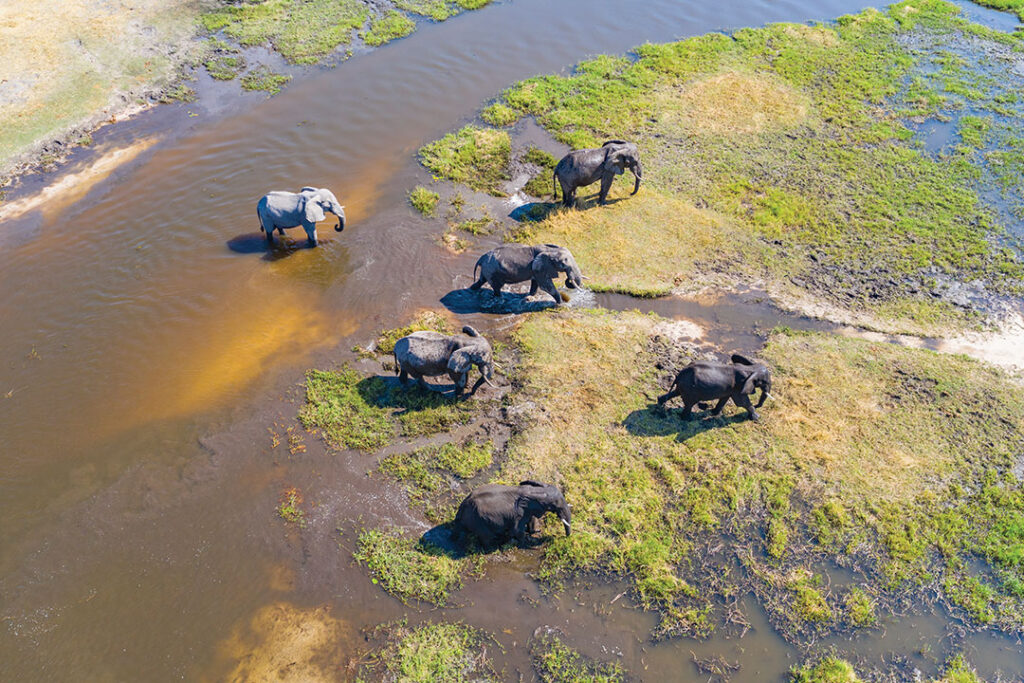BIRD STORY AGENCY
Malawi announced it will use drones to protect elephants from poachers in some of its wildlife reserves.
The drones will be used for surveillance in Nyika, Kasungu, Nkhotakota, Majete Vwaza and Liwonde wildlife reserves.
Malawi relies on forest guards to patrol regions that separate elephants from developed areas to make sure no poachers enter the reserves. The drones allow greater surveillance and quicker response times.
“It is envisaged that the use of drones in wildlife conservation will bring new dimensions in both protection and research,” Malawi’s Ministry of Tourism spokesperson Joseph Nkosi said.
The drones also will help conservationists keep tabs on herd sizes and elephant movements. “Use of drones provides a quick, easy and cost-effective way to monitor wildlife from a distance … they can be an effective tool for wildlife research, monitoring and counting animals,” Nkosi said.
Wildlife reserve officials welcomed the move, saying instantaneous information will help them find poachers before they can target animals.
“Illegal poachers know the movement of animals well; that is why they go straight and kill them. They cannot spend time hunting because they know that they may be caught,” Nkhotakota Wildlife Reserve Manager David Nangoma said. “So we really need strategies that are able to monitor everything that is happening in these places, even treating injured animals.”
Malawians are becoming accustomed to the sight of drones flying above the country. According to dronenews.africa, the country has the largest drone corridor on the continent, hosts the African Drone and Data Academy, and has drone logistics companies that deliver medical supplies to rural communities. Drones also have been used during recovery efforts after floods.
There is a growing sentiment in Malawi that pristine areas such as natural parks need to be protected from poachers and development. Apart from Malawi’s parks, there are few areas in the country that have not been stripped of trees.
“Biodiversity plays a crucial role in maintaining ecosystem resilience and stability,” said Boniface Chimwaza, chief environmental officer in the Ministry of Natural Resources and Climate Change. “Healthy ecosystems can better adapt to climate change impacts such as extreme weather events and provide critical services like pollination and pest control that support agriculture and human livelihood.”

